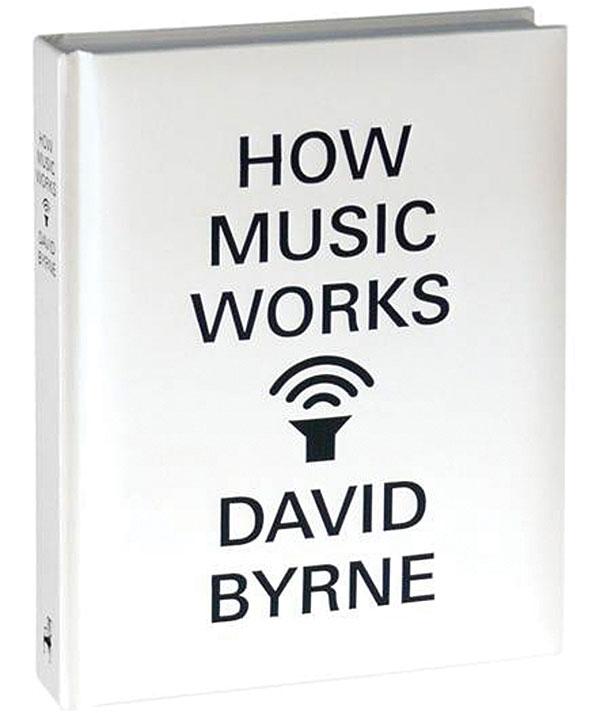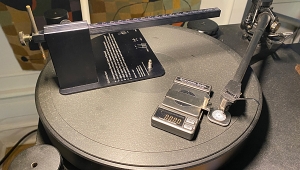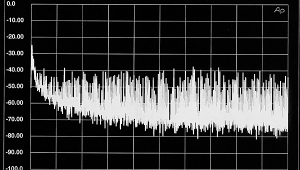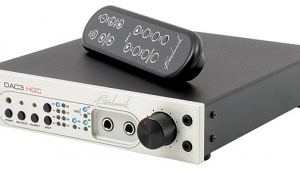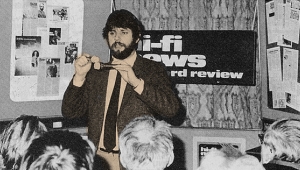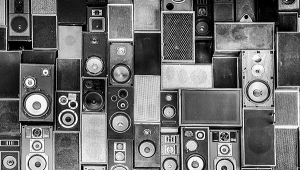| Columns Retired Columns & Blogs |
Even the biggest Talking Heads fan (i.e. me) would have to admit this book is pretty poor, and actually rather dull.
I also find DB's thoughts that good sound quality may actually in fact act as a hindrance to communication a bit surprising. Most of his recorded output has been very carefully crafted sonically, often utilising top record producers & highly-paid engineers, as well as famous & expensive recording studios.
I guess it's true that earlier 'lower-fi' material like '77' say or 'More Songs about Buildings and Food', sound equally charming nomatter the playback equipment, but many of the subtelties of later heavier-layered releases like 'Remain in Light' come into much clearer focus the better the system.
Like a lot of musicians I suspect Byrne might be trying to convince himself to a degree that the ending of unlimited recording budgets (and tripping around a slew of international & glamorous locations) will not be missed - that the bedroom studio really is the new Power Station... He protests a little too much I think.
